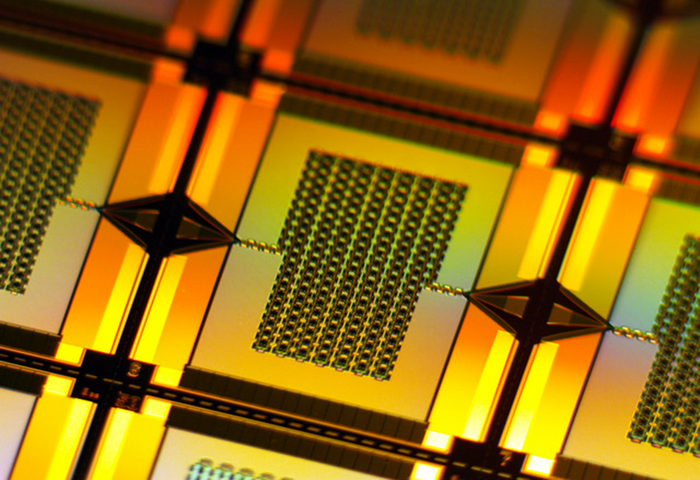Quantum breakthrough could help overcome major problem with computers of the future

Scientists have developed a new technology that could help overcome one of the central problems with quantum computers.
The technology is said by its proponents to be the future of computing: it could allow for vastly quicker calculations, and work of a kind that is impossible on existing, classical systems.
But one of the many issues with bringing it to the mainstream is the “noise” that is inherent in a quantum system. That means that any information that is presented to people using a quantum computer will come with a level of error, which cannot be avoided but limits the accuracy of its measurements.
One solution is the use of systems that “squeeze” the noise so that it is decreased in important parts. The noise is the same, but using “parametric” amplification, it can be redistributed around the system and make the quantum computer more useful.
Now scientists have developed new version of those amplifiers that amplifies as much as previous ones but can be used much more widely. Existing systems generally work on bandwidths of just 100 megahertz or less – but the new tool has been shown to work up to 1.75 gigahertz, while still doing so with a lot of that “squeezing”.
That should let scientists read quantum information much more efficiently. That in turn will allow such systems to be much more accurate and quicker.
“As the field of quantum computing grows, and the number of qubits in these systems increases to thousands or more, we will need broadband amplification. With our architecture, with just one amplifier you could theoretically read out thousands of qubits at the same time,” said Jack Qiu, lead author on a paper describing the findings.
The work is described in a new paper, ‘Broadband squeezed microwaves and amplification with a Josephson travelling-wave parametric amplifier’, published in Nature Physics.
Join our commenting forum
Join thought-provoking conversations, follow other Independent readers and see their replies
Comments
Bookmark popover
Removed from bookmarks